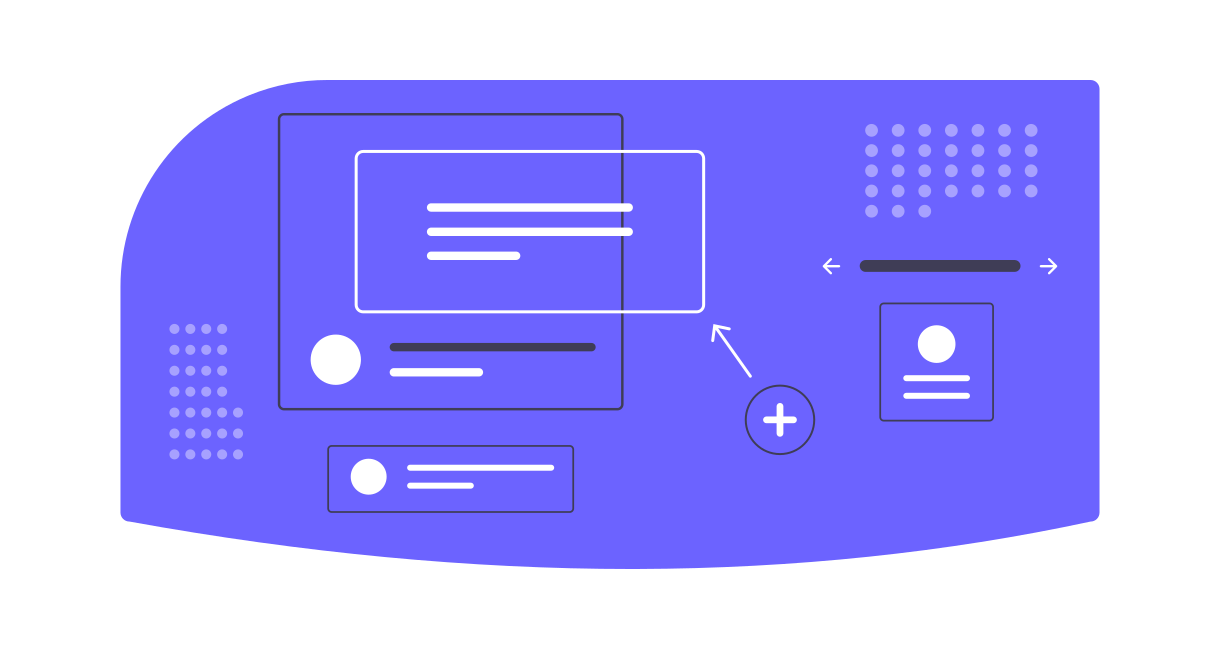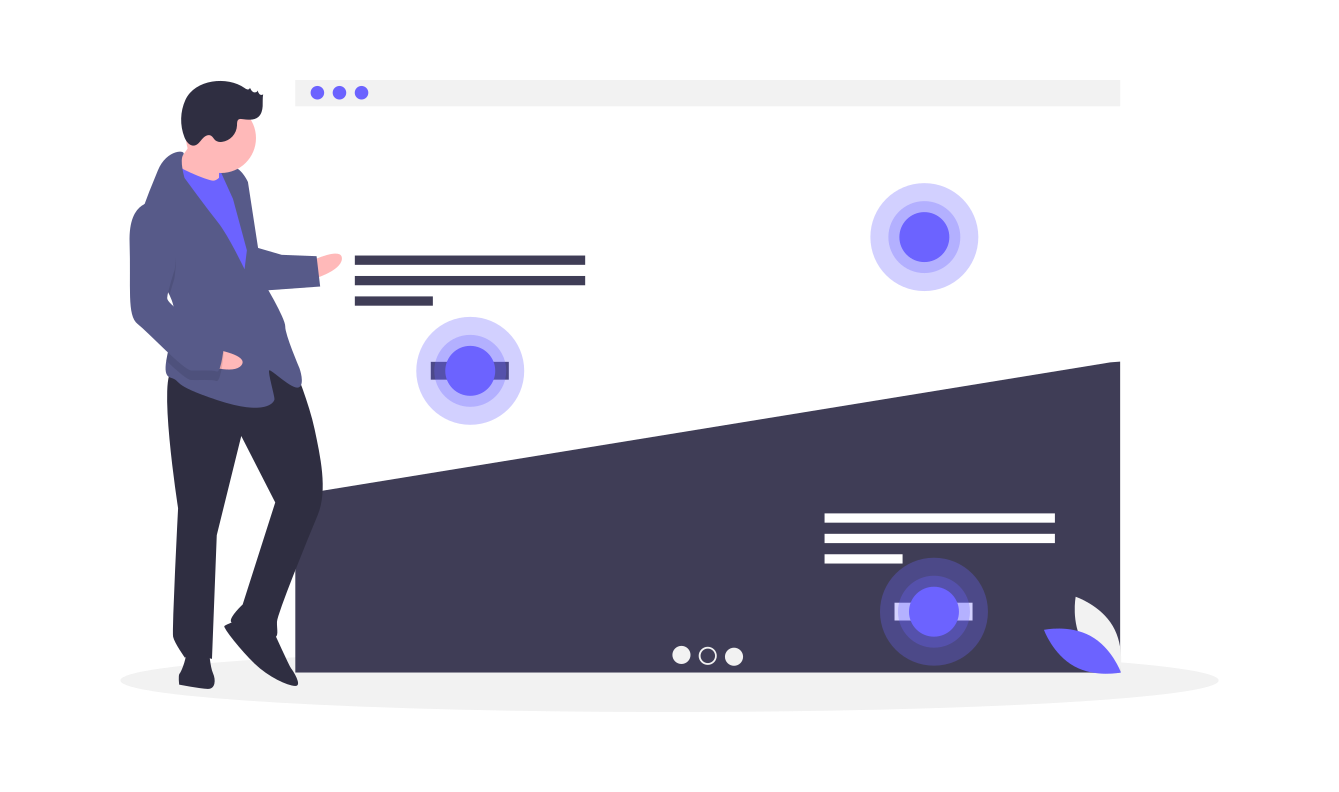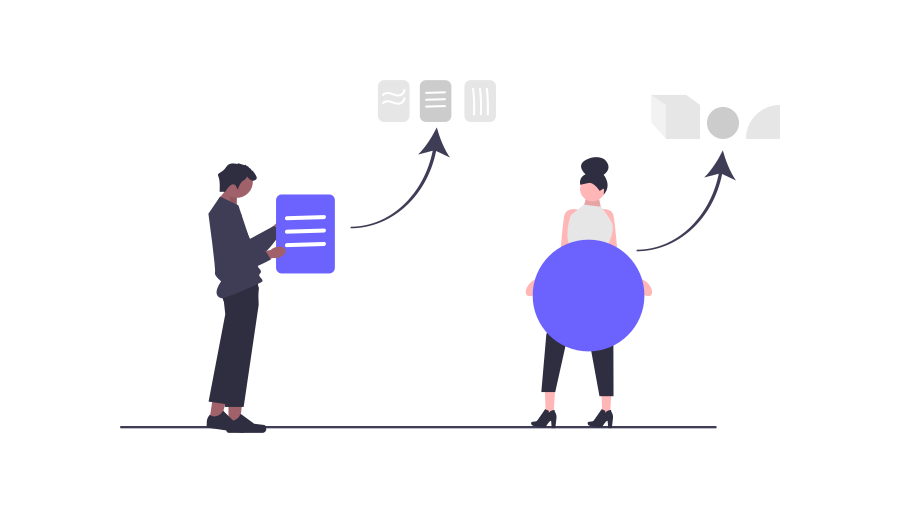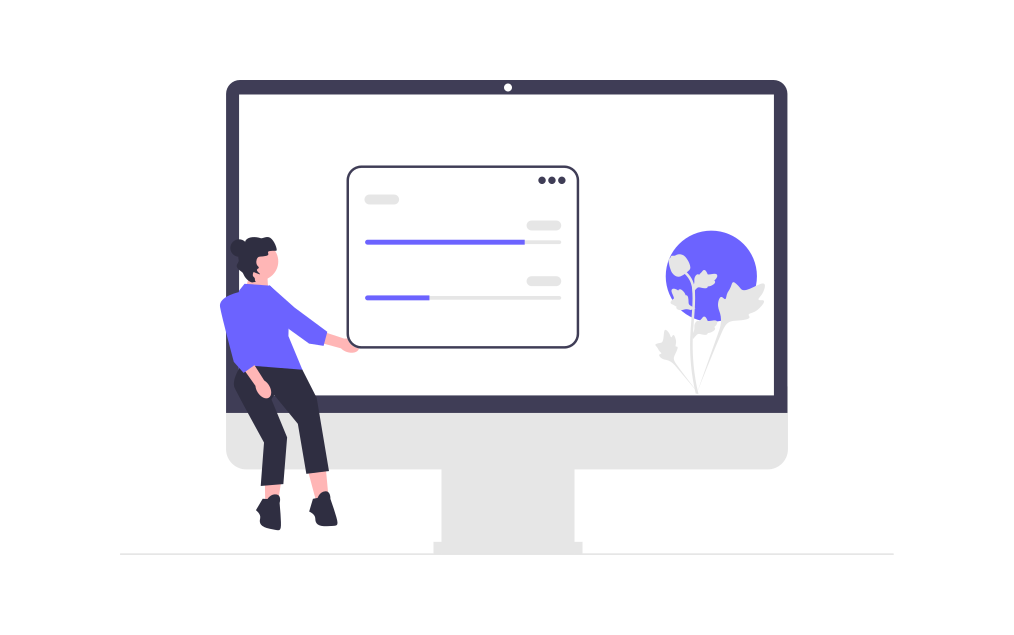
In recent years, there has been a growing trend in the world of web development towards using headless CMS (Content Management Systems). Headless CMS offers developers and content creators a new way of building and managing websites that is more flexible, scalable, and efficient than traditional CMS. In this blog post, we will discuss the benefits of moving your website to a headless CMS.
What is a Headless CMS?
A traditional CMS is a software application that manages the content of a website. It provides an interface for content editors to create, edit, and publish content on the website. A headless CMS, on the other hand, separates the content from the presentation layer of the website. This means that the content is stored separately from the website's design and functionality, and it can be accessed through APIs (Application Programming Interfaces).
Benefits of Headless CMS:
- Greater Flexibility
One of the main benefits of a headless CMS is the greater flexibility it offers. With a traditional CMS, the content and the design are tightly coupled, which makes it difficult to make changes to the design without affecting the content. With a headless CMS, the content can be easily separated from the design, which allows for greater flexibility in making changes to the design without affecting the content.
- Improved Performance
Another benefit of a headless CMS is improved website performance. With a traditional CMS, the content is served together with the website's design and functionality, which can slow down the website's performance. With a headless CMS, the content is served separately from the design and functionality, which allows for faster loading times and improved website performance.
- Easier Integration with Third-party Services
A headless CMS makes it easier to integrate with third-party services, such as marketing automation platforms, analytics tools, and e-commerce systems. Since the content is served through APIs, it can be easily integrated with other systems, which makes it easier to create a seamless user experience for your website visitors.
- Increased Scalability
A headless CMS is highly scalable, which means that it can handle large amounts of content and traffic without affecting website performance. This is because the content is served through APIs, which are designed to handle large volumes of traffic.
- Better Security
A headless CMS provides better security for your website. Since the content is served through APIs, it can be easily secured using standard security protocols, such as OAuth 2.0 and JWT (JSON Web Tokens). This makes it more difficult for hackers to access your website's content.
- More Efficient Workflow
A headless CMS allows for a more efficient workflow for content editors and developers. Since the content and the design are separated, content editors can focus on creating and managing content, while developers can focus on building the website's design and functionality. This allows for a more streamlined workflow and faster time-to-market.
Conclusion
Moving your website to a headless CMS can provide many benefits, including greater flexibility, improved performance, easier integration with third-party services, increased scalability, better security, and a more efficient workflow. If you are considering moving to a headless CMS, it is important to choose the right CMS for your needs and work with experienced developers to ensure a smooth transition.
So, you like what you see?
Let’s talk about your website challenges, goals, and timelines to determine the right solution for your business.
Schedule a call













